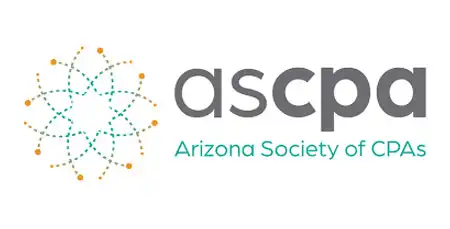Harnessing Artificial Intelligence: Maximizing Benefits While Mitigating Risks
AI offers real benefits, but it lacks the invaluable judgement, oversight, and ethical decision-making that only humans can provide.
With technology readily available at everyone’s fingertips, it is important for individuals and businesses to be mindful of how they use artificial intelligence (AI). In July, we wrote an article on “Data Security: Why It’s Important to Secure Your Data,” and we want to build on that discussion by addressing the responsible usage of AI.
At its core, AI teaches a computer to analyze a set of data and develop solutions based on relevant information gathered, often from the Internet. Essentially, you are training a computer to analyze data and achieve specific goals. As you refine your objectives, AI learns and improves based on accumulated experiences. However, it is important to remember that AI lacks the invaluable insight and intuition that human input provides.
BENEFITS OF USING AI
Reduction in Errors
- Properly programmed AI can significantly reduce the number of errors. However, it is not foolproof, and mistakes can still occur. Therefore, it is always best practice to review any AI-generated work to ensure its accuracy.
- As you continue to refine the AI’s programming, it will learn more efficient ways to output the desired information, leading to increased efficiency and accuracy over time.
Real-Time Decision Making
- While we humans are limited in our ability to analyze vast amounts of data instantaneously, AI can process large datasets and deliver the necessary information much more quickly.
- This ability to process data quickly allows AI to produce reports and provide an accurate view of a business’s financial health. This is particularly beneficial for management, as it supports informed decision-making.
Risk Management and Compliance
- AI should be viewed as a tool that enhances – rather than replaces – human capabilities and functions. By using AI to support decision-making and creativity, organizations can improve outcomes while ensuring that employees feel secure and valued.
- Given the rapidly evolving nature of AI, staying informed about the latest advancements, ethical guidelines, and regulatory changes is essential. Continuing education, to keep up with AI developments and usage strategies, should be a priority.
- Engaging with ethical AI initiatives provides access to valuable resources and frameworks that support responsible AI implementation. Partnering with industry groups or contributing to the development of ethical standards ensures that AI is used in ways that align with societal values and business integrity.
CHALLENGES AND CONSIDERATIONS OF USING AI
Privacy and Data Security Concerns
- AI involves handling large amounts of personal data, raising significant concerns about data privacy and security. Unauthorized access or misuse of this data can lead to security breaches and privacy violations.
- It is essential to be cautious when inputting information into an AI system, to guard against disclosure of sensitive data that could compromise security.
Ethical Dilemmas
- The implementation of AI in business can raise ethical issues, such as biased decision-making or unfair treatment of employees. It is important to establish transparent guidelines with employees and consider the ethical implications of AI use.
IMPACT ON EMPLOYMENT AND VALUE-ADDED ACTIVITIES
- Automation of tasks by AI can lead to job displacement, particularly in roles involving repetitive or routine tasks. This can increase unemployment and widen the skills gap as displaced workers may struggle to find new opportunities.
- At the same time, AI can enhance the value of human work. As we suggested earlier, AI should be seen as a tool that allows employees to focus on value-added activities, where human judgment and creativity are fundamental in providing value to customers/clients. In an optimal scenario, AI handles data collection and analysis, while humans make informed decisions based on AI’s output.
CONCLUSION
If used properly, AI can be highly beneficial. However, to quote Voltaire (and Spider-Man’s Uncle Ben), “with great power comes great responsibility.” AI should not be blindly relied upon; rather, it should be used as a resource that, in the proper context, can be extremely valuable.




